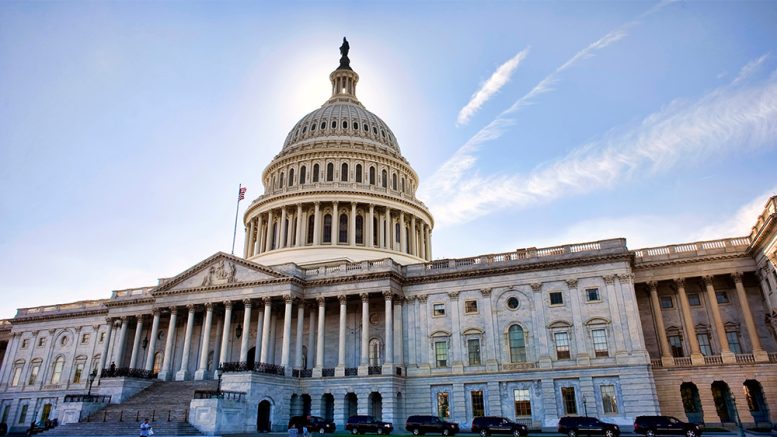On Tuesday, U.S. Senator Mike Braun (R-Ind.) questioned Novo Nordisk CEO Lars Fruergaard Jørgensen at the Senate Health, Education, Labor, and Pensions Committee hearing about the high prices of the company’s weight loss drug, Ozempic, in the United States.

Braun
“This has everything to do with a system that’s broken with no transparency, no competition, barriers to entry, and by the way, a consumer who doesn’t have the tools to really measure what the best value is,” Braun said.
Here’s a partial transcript of the exchange:
Braun: “Are you making a profit on your Ozempic product when you’re selling it to Australia for $87 and you’re selling to the U.S. for $936? Are you making a profit at $87?
Jørgensen: “Yes, we are and the price you mentioned in the U.S. is not what we get. That’s the list price.
Braun: “So what are you getting in the U.S.? What price?”
Jørgensen: “So I mentioned that on average for our products we give 74 percent in rebates to PBMs.”
Braun: “And that was the chart that Senator Marshall held up that PBMs are making 74 percent and you’re getting 26 percent. So, you’ve got a screwed-up industry. Number one, when I’ve talked to other pharma folks, they regret that PBMs ever came into it. It would seem like since you make the product, that you could disassemble them or do something to go around it, if in fact this place won’t do something about it. Have you ever thought of that?”
Jørgensen: “It’s very difficult Senator because they control what insurance is put in front of patients so they have integrated themselves with insurance companies and we negotiate against the PBMs, but they’re owned by the insurance companies so no matter what we do, they decide what products—”
Braun: “Okay, and that’s kind of the conundrum, but you’re making a profit at $87 and of the $936, it would be the list price? Is that total being split between you and the PBM? I know you give big discounts to the PBM. Why do give them such large discounts for them to make that much money?”
Jørgensen: “On this we have a high list price and give them rebates, we are not making it onto the insurance formulary. So, they make a fee based on the list price, you mentioned distribution, they don’t get a flat fee for the distribution.”
Braun: “So, after you give the discounts, and you do everything, what is your revenue on Ozempic, roughly?”
Jørgensen: “I don’t have that number from the top of my head.”
Braun: “That is something that ought to be on the top of your head because most of us would want to see that so you could make the case against PBMs. That basic lack of transparency, that to me comes from the top, that cloaks the system, in general, is what is impacting the future of why in our own country it is 18 percent of our GDP and from Canada and Europe it is 12 percent of their GDP, Eastern Europe it is 6 to 7 percent. And yes, rationing is maybe going to be one of the results, but it should never be to where something is going to cost that much more here versus there when you’re making a profit on it. Until you figure that out, everyone is going to think your industry is screwed up.”
Click here to watch the full video of Braun’s questioning.
* * *
Braun is the leader in the Senate on reforming PBMs and lowering drug prices through transparency:
- Senator Braun’s landmark transparency legislation – the Health Care PRICE Transparency Act – would reveal all negotiated rates and cash prices between plans and providers so Americans can know the true cost of health care services before they pan, bringing down prices.
- Senator Braun’s Drug Price Transparency Act would end the broken PBM system by requiring insurers and PBMs to pass rebates directly to consumers enrolled in commercial health plans and Medicare Part D.

